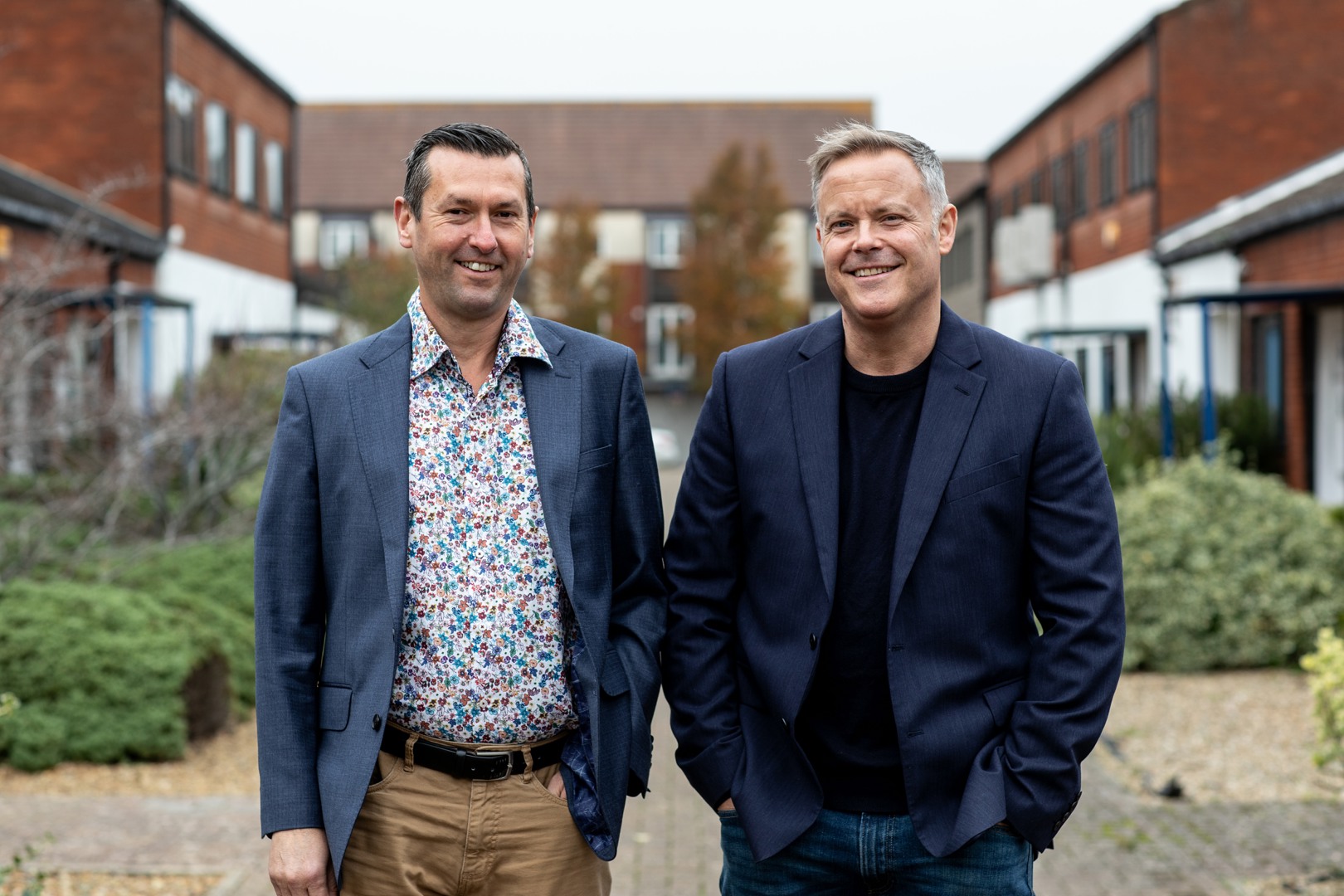Why choose us?
We can tailor bespoke interview questions for you, so that you can best examine a candidate's suitability. We'll also arrange interviews and deal with the logistics for you.

Questions To Ask At The End Of The Interview
Questions to Ask at the End of the Interview
The best interviews are a two-way process, and your interviewer will be expecting you to ask some questions. In this guide, we’ll explain what questions to ask the interviewer and why doing so is essential.
Why Should I Ask Questions in an Interview?
If you’re genuinely interested in a new position, you’ll want to learn all about the role, who your manager might be, and what the business culture is like. Your interviewer will be expecting you to ask at least some of these things.
If you only answer questions without asking any yourself, you may appear unprepared or disinterested. This could hurt your chances of securing the role.
When Should I Ask Questions During the Interview?
Typically, you’ll be invited to ask questions at the end of the interview, but that doesn’t mean you should avoid asking relevant ones during the conversation. A balanced discussion helps create rapport and makes the interview more engaging.
When the interviewer eventually asks, “Do you have any questions for me?” this is your golden opportunity to leave a strong final impression. Avoid saying, “No, I think we’ve covered everything,” as this can make you seem unenthusiastic.
Prepare at least two open-ended questions in advance. These should be based on your research and should encourage discussion. Avoid asking about salary or benefits at this stage—those discussions will come later if you progress.
Ten Questions to Ask at the End of an Interview
- Can you tell me about the culture of the company?
This helps you determine whether the company’s values align with yours and provides insight beyond the job description. - What are the biggest opportunities facing the company/department right now?
This shows you’re thinking strategically and looking for ways to add value. - What qualities are most important for someone to excel in this role?
This gives you a chance to highlight your strengths and reassure the interviewer you’re the right fit. - How can I help the organisation meet its goals?
Particularly useful for sales roles, this question demonstrates ambition and a team-focused mindset. - What is the history of this role?
Find out whether the role is newly created or if someone held it previously. If they were promoted, that’s a good sign of career progression opportunities. - What are the long-term ambitions of the company?
This helps you gauge the company’s direction and see if it aligns with your own career goals. - What keeps you working here?
A great way to understand what employees value about the company and assess its culture. - Can you tell me more about the day-to-day responsibilities of the role?
This allows you to understand what a typical workday looks like and clarify any details. - What career progression opportunities are available?
Demonstrating ambition is crucial, particularly in a sales environment. Employers want candidates who strive for growth. - What are the next steps in the hiring process?
This ensures you leave the interview with clarity on timelines and follow-up expectations.
Asking the Right Questions Increases Your Chances of Success
Don’t miss the opportunity to make a lasting impression. Prepare for your interview by crafting strong responses and having insightful questions ready to ask. Doing so will help you stand out and secure the job you want.
Navigate our Main Interview Advice
by clicking the following icons:
Date published: 17th January 2025

Search jobs
With hundreds of jobs available, now is the time to look for your perfect position

by Rob Scott
Managing Director

About the author
Rob Scott
Please call us to discuss your next move
From our blog
Our employers say...
Our candidates say...






